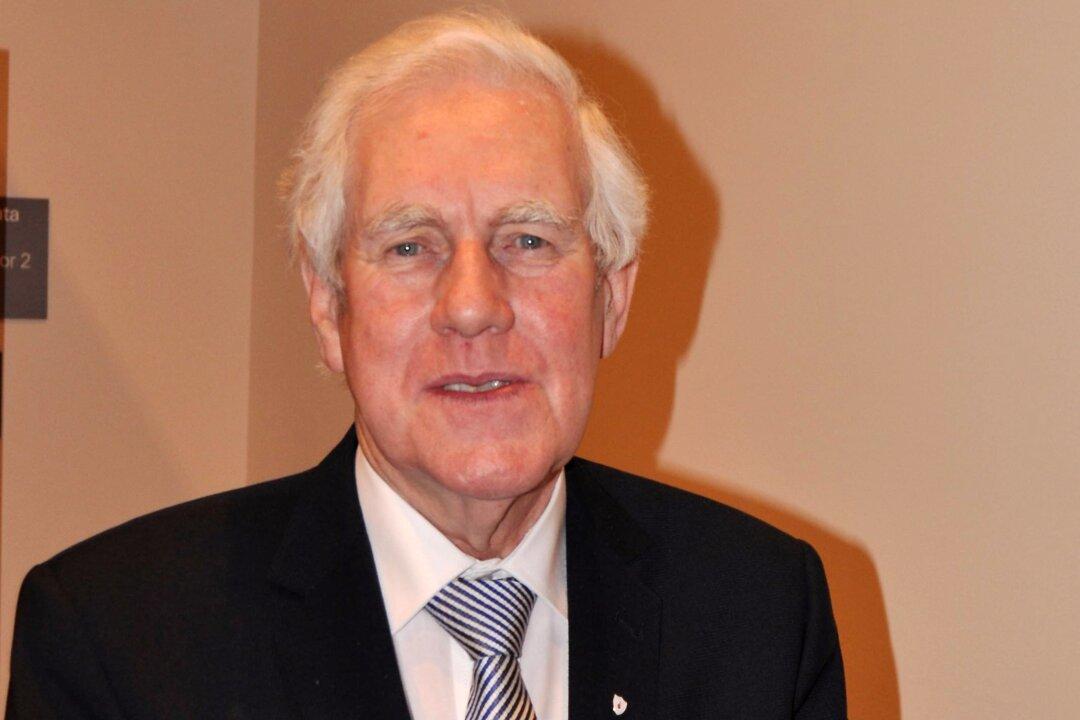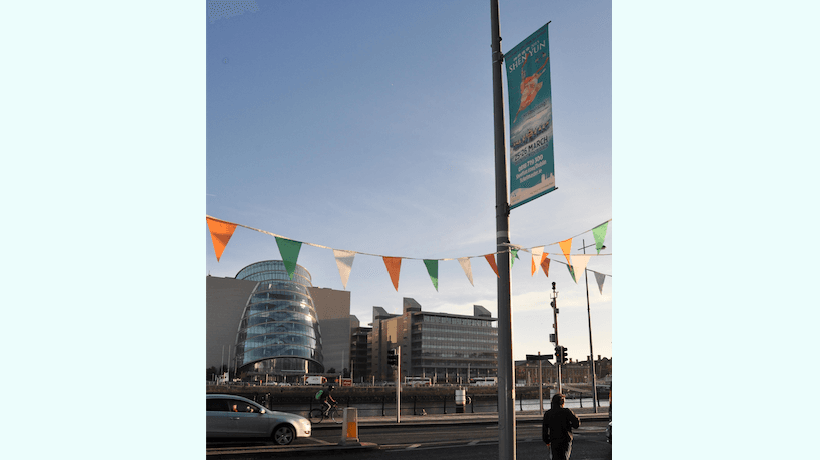They say that running is a recession sport, well almost a decade after parkrun started in the UK it has finally taken off in Ireland.
It started back in London in 2004 when an injured runner, Paul Sinton-Hewitt, used a timed weekly run in a park to help him keep involved with his running friends. The time trial for a few friends quickly grew into a matter of months into a recreational run for hundreds of people.
Word spread and the organisers were asked to help other running enthusiasts to set up mirror events across the UK. The principals of parkrun are to create free weekly 5km runs that are open to all and also build on and extend communities. These simple pillars had helped parkrun spread across the globe; currently there are over 350 events worldwide with over 500,000 runners registered.
The parkrun organisers now have a template that can be implemented in almost any location with virtually no barriers to setting up an event explained Matt Shields, parkrun coordinator for the republic of Ireland.
There is an initial set up cost for an event, of which parkrun pays half and the organisers need to source the rest themselves. Once an event is set up parkrun will sustain the event for the future; there won’t be any financial burden on organisers after set up, hence events are free for participation.
“The thing about parkruns is that they are not like a race, in-fact, race and winner are two words we never use because there is no such thing as a winner at a parkrun and there is no such thing as a race; the only race you have is with yourself. You push yourself as hard or as easy as you want to go. You make it what you want it, if you are racing anything it’s your own time,“ says Matt.
“We always have a social aspect after the run. We like it if people stay around for a cup of coffee after. We encourage people to hang around to meet like-minded people and maybe find training partners they can go running with during the week. So it’s very community-based and quite sociable; it’s a totally different atmosphere to races and thus attracts people who may just like to run and not race.”
Matt believes the parkrun can also act as a stepping stone for those who want to get into running in a more competitive way. Matt says that any running clubs that gets involved in the parkrun will find that over time the event will bring new members to their clubs, which is often difficult with some many sports competing for members.
“Parkrun does a lot for the clubs that engage with it; it may not bring in any Olympians, but there will be all sorts of officials. If you get 50 new people in, they will have all kinds of skill-sets.”
Parkrun in Ireland
The first event to start in the Republic was in Malahide in November 2010, and in a few months there will be 12 events operating across the republic of Ireland and 17 in Northern Ireland. Matt has helped launch all events after setting up the first event on the island of Ireland in Belfast.
“I got roped in via my running club. We thought this would be an asset to our club, I was right. Once we got involved and experienced the community spirit we were won over by parkrun.”
With respect to family participation, Matt says the pattern usually is that the event is initially very attractive to women, who then start to bring their children along and finally they drag the husband along. “Initially you get lots of women coming along, they appreciate the athletic and social aspect. However if you give an event a year, you will then see lots and lots of families with extended families coming along too, in some cases it’s almost replacing the traditional family outings.”
Some people tell Matt that at the run it’s the only time in the week that they get to see their whole family. “I’ve heard a number of grandparents saying parkrun is great for us because we see the whole family in one go, on a Saturday morning,” says Matt who added that then they all go their own separate ways with their busy lives. “It’s the one time in the week when they can all get together and do something healthy.”
Ardgillan Parkrun
The first Ardgillan parkrun is set to take place on February 8th this year, I spoke with Paul Bissett one of the people who’s getting the Ardgillan run set up with the aid of parkrun.ie
Paul says he did the Malahide run last year and loved the idea and enjoyed the community atmosphere created around the event. Paul felt that the park in Ardgillan would be a great location for a parkrun and so he got to work getting the event set up.
Permission was required from the local council to use the location and selecting a route for the parkrun. The set up costs for insurance, computer equipment for timing events, flags for plotting the course and website are around 6,000 euro explains Paul and parkrun fund half of that which left a sizeable sum for the crew to raise via bag packing, sponsorship of marathon runners and sponsorship from local businesses.
Paul says the event needs around ten volunteers to help marshal and run the event each week, so a large group of people are needed to create a roster of helpers. “If there are two hundred people running each week then they can volunteer once in a while to help run the event,” said Paul.
Paul describes himself as a social runner. He got involved in the sport after doing a Ray Darcy run and now he’s helping to organise the Ardgillan run.
Remember, every park run is every week. Why not check out parkrun.ie to find your local event or perhaps you could even set up your own local event. The Malahide park run starts at 9.20 a.m. with a pre-run briefing to explain how things work to newcomers and go through any course changes. The run kicks off at 9.30 a.m. and finishers start coming through from 16 minutes onwards. The final walkers usually come through after 50 mins. Alfterwards most people go into the Avoca cafe on site for tea or breakfast.



